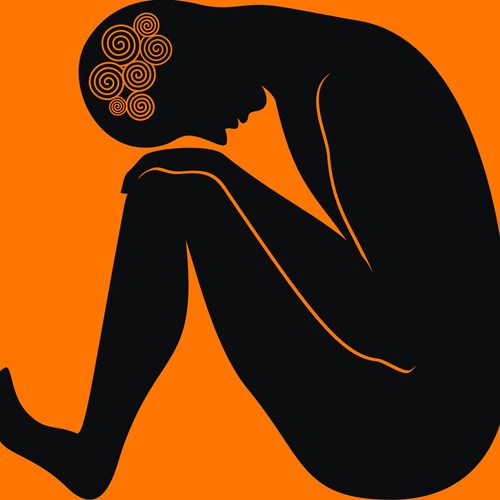Week 3 - Amanda Wong
Yes, we need to question what we view as normal, but this should not be an excuse to ignore our current state. Shana Bulhan Haydock questions the idea of normal within mental health discourse. In her article, “Fucked up: I would always rather be abnormal than holistic,” she explains society's relationship with holistic mental health as being alternative to the normalized practice of suppressing symptoms.
Haydock opposes the views of both, holistic health care and Western medicine, on those who are chronically ill. She says that, “holistic health discourse exist to shame the idea of divergence” (52). She generalizes holistic health by assuming that all of it believes healing to be in finding ‘wholeness’. Although, her tone sounds bitter towards all practices as she uses the “reclamation or embodiment of illness” (52) as her own personal narrative.
I believe there is validity in combining the two practices in order to manage a chronic illness -- as these illness are not life threatening. It isn’t practical to think you can function the same, as the next person, who does not have a chronic illness. There are important lifestyle changes that are necessary for living with chronic illness.
By questioning what a healthy body and brain are, she ignores a very important piece of self reflection that can allow for a more positive experience. The tarot card, “The Survivor,” would be perfect for aiding in Haydock’s own growth to release the anger she feels toward mental health practices. The card reads, “Your pain isn’t your identity, but a vestige of you as a victim” (14). This card would prompts her to look inward, to think deeply about why she may have experienced the things she has and how that has carried her on into the future. These are important reflections for anyone who has struggled or experienced trauma.
And so I ask: why have you experienced the things you have? How have these experiences helped guide your path into the future?
Reference:
Shana Bulhan Haydock. “Fucked Up: I Would Always Rather be Abnormal than Holistic.”
Open in Emergency.
Image:
https://www.ted.com/playlists/175/the_struggle_of_mental_health



Comments
Post a Comment